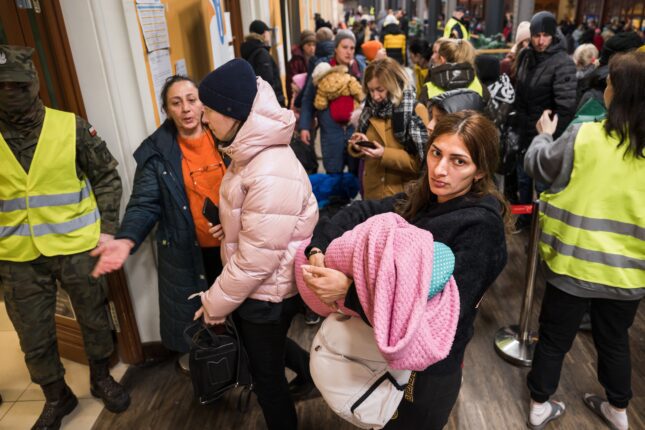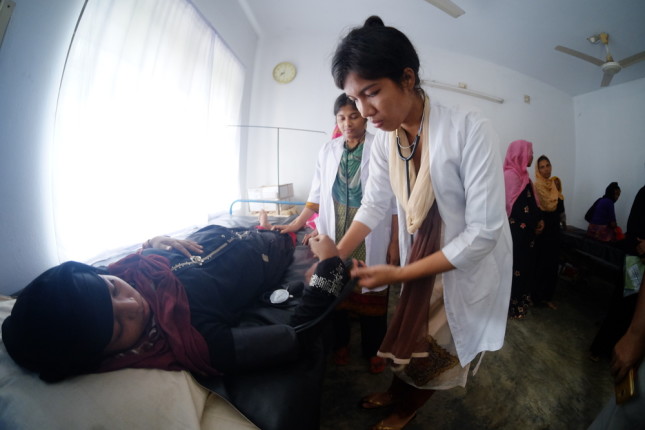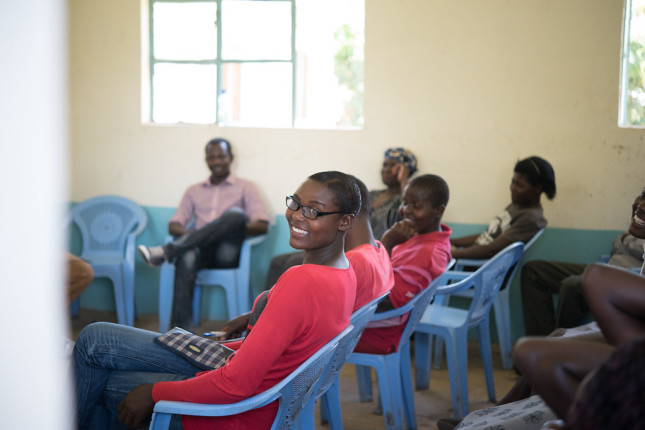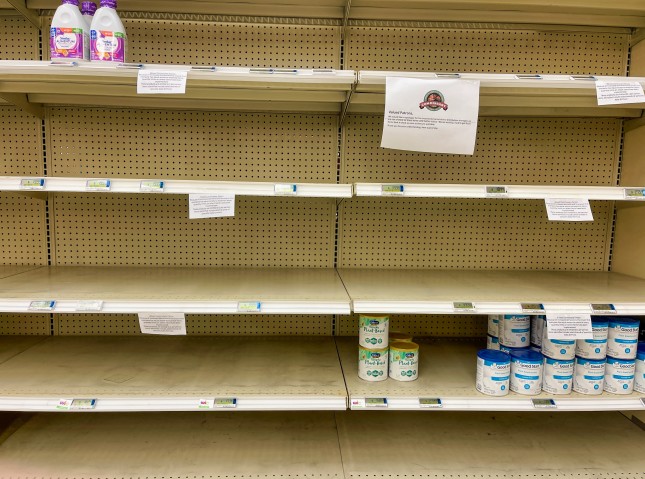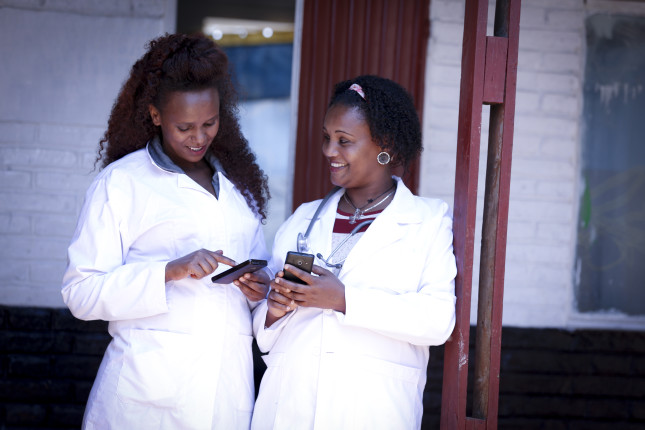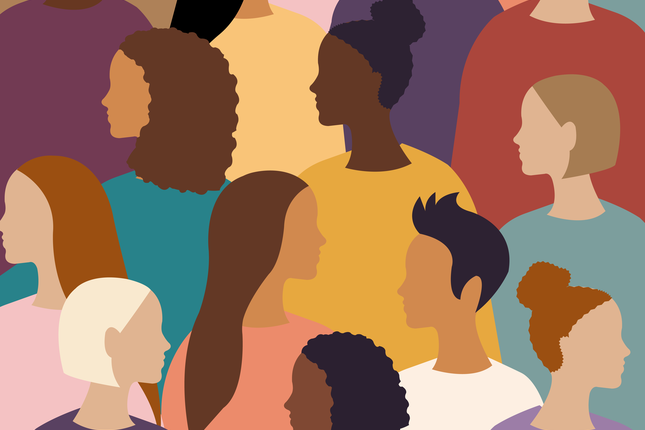-
New Global Health & Gender Policy Brief: Global Fertility Rates and the Role of Infertility
›
While the world’s population now approaches 8 billion people, global fertility rates have been declining for decades. The overall drivers of this decline include increased access to contraception and reproductive health care, an increase in women seeking higher education, women’s empowerment in the workforce, lower rates of child mortality globally, increased cost of raising children, and overall greater gender equality.
-
How Gender Inequality Drives the Global Crisis of Unintended Pregnancy
›
“Half. This is the proportion of all pregnancies that are unintended. That is 121 million pregnancies every year,” said Sarah Craven, Director of the Washington D.C. Office at UNFPA during a recent U.S. launch event for the 2022 UNFPA State of World Population (SWOP) report. “For these women, the most life altering reproductive choice, whether to become pregnant or not, is no choice at all. This is an unseen crisis unfolding right before our eyes.”
-
Cascading Impacts of the War in Ukraine: Mental, Maternal, and Newborn Health
›Ukraine and its people will feel the effects of the Russian invasion for years to come. More than 6 million refugees have left Ukraine, another 8 million Ukrainians are internally displaced. Among those most impacted are Ukraine’s women and girls, who have a greater chance of experiencing gender-based violence, exploitation, and trafficking. They also face escalated maternal and newborn mortality rates stemming from lack of services and diminished care, as well as injuries and trauma due to the ongoing conflict. Less visibly, Ukrainians are confronting severe emotional distress and trauma.
-
Midwives in Humanitarian Crises Need Recognition and Investment
›
More than 60 percent of preventable maternal deaths and 45 percent of newborn deaths take place in countries affected by recent conflict, natural disaster, or both. Yet as Sarah B. Barnes, Project Director of the Maternal Health Initiative, observed at a recent event hosted by the Wilson Center and UNFPA, in collaboration with the Inter-agency Working Group on Reproductive Health in Crisis (IAWG) and White Ribbon Alliance, “the leading causes of both maternal and newborn death occurring in humanitarian settings are considered to be preventable if managed by skilled providers and adequate resources.”
-
Sustainable Partnerships: A Future for Maternal, Child Health, and Family Planning
›
“Building strong and inclusive partnerships for maternal, newborn, child health, and family planning programs is not future work,” said Dr. Koki Agarwal, Director of USAID’s MOMENTUM Country and Global Leadership at a recent Wilson Center event. “It’s urgent and it’s ‘right now’ work.”
This exploration of country perspectives and expertise on improving maternal, newborn, child, and adolescent health and family planning programs was the third event in a series that placed regional experiences and voices in the foreground.
-
Community and Collaboration: Maternal Mental Health in the Infant Formula Crisis
›
The infant formula shortage and the COVID-19 pandemic have added fuel to an already existing fire in maternal mental health in the United States.
As Adrienne Griffen, Executive Director of Maternal Mental Health Leadership Alliance pointed out at a recent event on the COVID-19 pandemic, maternal mental health, and policy solutions, “maternal mental health conditions, including anxiety, depression, and other issues, affect 1 in 5 pregnant or postpartum people [in the U.S.].”
-
The Safe Delivery App Puts Better Maternal and Newborn Outcomes in the Palms of Health Workers’ Hands
›
Reducing maternal mortality is key to promoting population health. It is also a main priority of the UN General Assembly’s Sustainable Development Goals. And the reasons for concern are clear. Globally, 800 women and 6,500 infants die during pregnancy and birth every day. More than 94 percent of these deaths occur in low-and-middle-income countries (LMICs).
-
Chaos Continues: The Impact of the Revocation of the Global Gag Rule
›
Many researchers have documented the impact of the Global Gag Rule (GGR) around the world—and what happens when the policy is in place. “But we don’t know enough about what happens when the policy is revoked,” said Bergen Cooper, Director of Policy Research at Fòs Feminista at the launch of the organization’s new report, Chaos Continues: The 2021 Revocation of the Global Gag Rule and The Need for Permanent Repeal.
Showing posts from category Dot-Mom.



